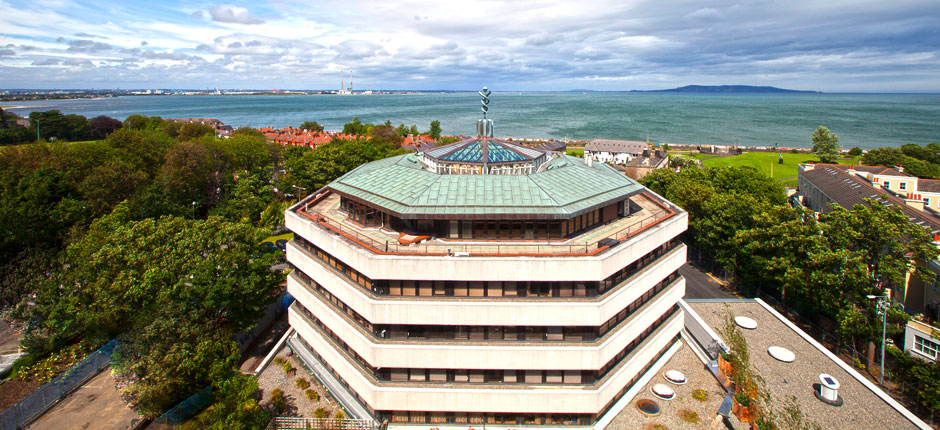What is sedation?
Many people feel nervous or anxious about having dental procedures. This is understandable and is also very common. Sedation is an altered state of consciousness, which makes you feel very relaxed and calm. It is achieved by giving you a medicine either intravenously (into your arm) or as a tablet before your procedure. Once you are feeling very relaxed and comfortable, you will also be given some local anaesthetic to make your mouth numb. This ensures that you do not feel any pain during your procedure. While you are sedated and for a period of time afterwards, you will be monitored by our team to ensure that you are feeling a comfortable and safe level of relaxation.
Do I need it?
Sedation will make you feel much more comfortable if you are anxious about your procedure. It is useful if you are nervous about dental treatment, or if your procedure is expected to take a long time. Most procedures can be performed under local anaesthetic alone if you are not nervous about treatment.
Will I be asleep?
Sedation will not make you fall asleep, but will make you feel very comfortable and drowsy throughout the procedure. This makes it a very safe way to overcome anxiety related to dental treatment. General anaesthetic, where you are completely asleep for your treatment, is also available and can be arranged following a specialist consultation.
Can everybody have sedation?
Sedation is generally a very safe way to overcome anxiety for dental procedures. It is carried out at Blackrock Clinic Specialist Dentistry by our consultant anaesthetist and oral surgeons. Most people who enjoy relatively good health are able to have sedation. However you will be assessed prior to any procedure to ensure that is is suitable for you.
What do I need for my appointment?
Prior to any appointment under sedation, you will be advised of any special requirements. In some cases, you will be asked not to eat or drink for a period of time prior to the procedure. Everybody having treatment under sedation must have a responsible person to escort them home and to look after them. You will not be able to drive, operate machinery or be in a position of responsibility for twenty-four hours following your procedure.



